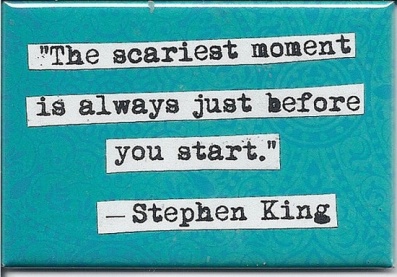There’s something undeniably magical about a well-written historical romance. Maybe it’s the rustle of silk skirts in candlelight, the whispered promises beneath a ballroom chandelier, or the thrill of a forbidden glance across a crowded drawing room. Whatever it is, it had me hooked from the very first page—and I’ve never looked back.
I didn’t set out to fall in love with historical romance. Like many of us, I wandered into the genre almost by accident. One rainy afternoon, I picked up a paperback with a windswept woman on the cover, not realizing that it would open the door to a whole new world. What I found inside was so much more than I expected: not just love stories, but fierce heroines, layered emotions, razor-sharp banter, and the kind of slow-burn tension that made my heart race.
More Than Just Dresses and Dukes
Historical romance often gets dismissed as fluff—lace, lords, and lingering glances. But for those of us who truly love the genre, we know better. Historical romance is rich with human truth. It deals with class, gender roles, personal freedom, duty, and desire—all wrapped in the intoxicating escape of another time.
What hooked me wasn’t just the gowns or the titles—it was watching characters fight for love in a world that told them they weren’t allowed to. A woman trying to hold her own in a patriarchal society. A man torn between honor and heart. A couple from different worlds trying to defy the odds. These aren’t just romantic stories—they’re stories of courage and resilience.
Characters I Could Cheer For
The heroines of historical romance were unlike anything I’d seen in other genres. Yes, some were proper ladies navigating social etiquette—but many were clever, defiant, even scandalous by their society’s standards. And I loved them for it.
They used their wit as a weapon. Their kindness as a strength. Their determination to claim their own future—even when it came at a cost. Whether it was the headstrong bluestocking, the widowed duchess with secrets, or the disguised servant with fire in her heart, these women felt real and alive.
And the heroes? Oh, the heroes. Not always perfect, but always evolving. From brooding Highlanders to duty-bound earls, their journeys were as emotional as they were romantic. Watching them fall—not just in love, but into respect for their heroines—was endlessly satisfying.
A Love Story and a Time Machine
What I adore about historical romance is that it’s two stories in one: the love story and the world it lives in. I get swept up in the corsets and carriages, but I stay for the tension between tradition and change.
The best historical romances are immersive. They don’t just name-drop a king or throw in a duel—they show you what it felt like to live in a time when letters took weeks to arrive, when reputation was everything, when a single dance could seal your fate. They let you fall in love and time-travel, all in one go.
And because I’m a romantic at heart and a bit of a history nerd, I live for the little details: the etiquette of courtship, the fashion of a specific era, the whispered rebellion behind a heroine’s choice to read or speak her mind. The research behind these novels shows—and it gives the romance a grounded, resonant weight.
Writing the Kind of Stories I Love to Read
Eventually, my love of reading historical romance turned into something more: a desire to write my own. To create stories where women could carve out happiness on their own terms. Where love was a source of strength, not submission. Where happily ever afters were hard-won and deeply deserved.
When I write as Tamora Rose, I write for the readers who fell in love the way I did. I write for the dreamers, the history lovers, the hopeless romantics, and the ones who believe in second chances and grand gestures. My characters are flawed, fierce, and absolutely worth cheering for. And the worlds they inhabit are rich with danger, desire, and the occasional scandal.
Why I’ve Never Looked Back
There are a thousand reasons to love historical romance. The fantasy of it. The emotional depth. The sweeping drama. The way it makes your heart ache and soar, all in the same chapter. But for me, it always comes back to one thing: possibility.
In every story, love is possible—even in a world that tries to deny it. And when you’re holding a book that believes in love against all odds, it becomes a little easier to believe in it yourself.
That’s why I fell in love with historical romance.
And that’s why I’m still here—reading, writing, and dreaming.
If you love historical romance too, tell me: what was the first book that made you fall for the genre? I’d love to hear your story. 💌








